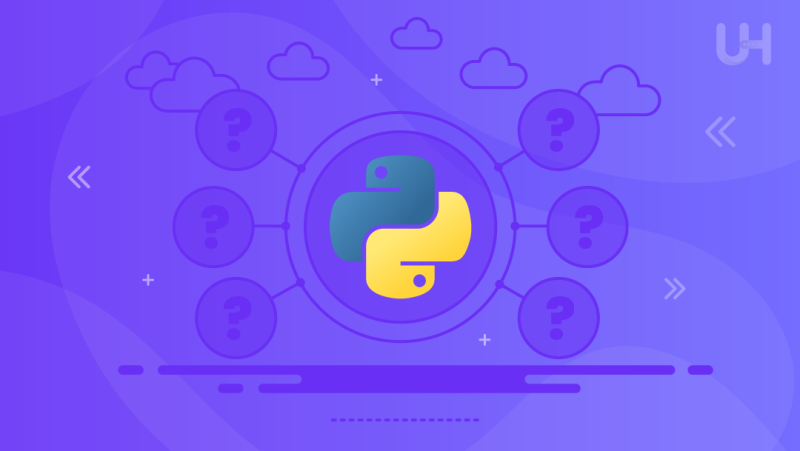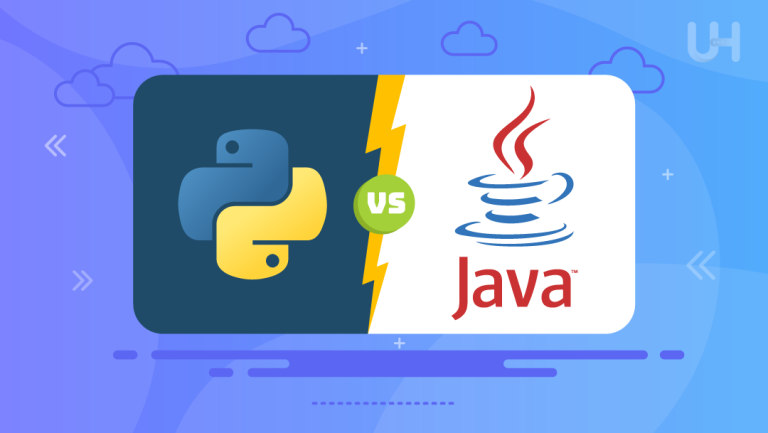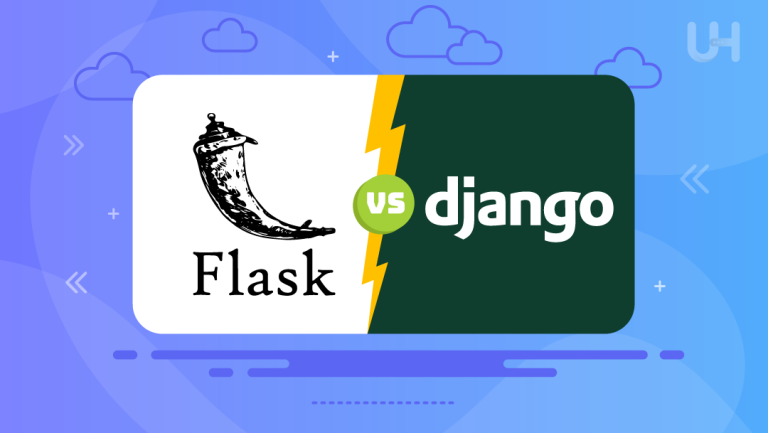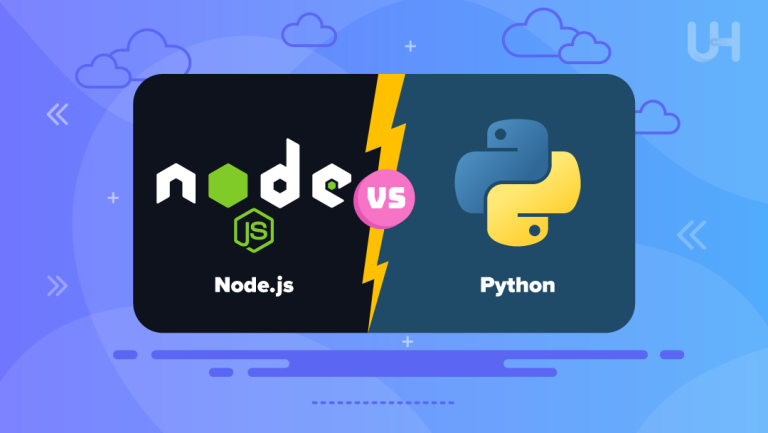Python has turned out to be among the most popular languages, loved by developers due to its simplicity, versatility, and powerful capabilities. Be it the development of data-driven applications, machine learning models, or full-fledged web platforms; Python has extensive tooling to get the work done. Unique selling points for Python include many frameworks designed and implemented to make web development easier and more effective. These Python frameworks make it easier to implement almost all the details of web development, from processing HTTP requests to database management and security.
In this article, we explore some of the best Python frameworks for developers to use to develop robust, scalable, and secure web applications. Whether you are a new force in web development or a seasoned coder who knows several tricks, recognizing the framework’s best fit against the venture’s requirements is crucial to achieving maximum productivity.
What is Python?
Python is an interpreted high-level programming language released in 1991 by Guido van Rossum. It is highly valued for its readability and ease of integration with other languages and tools. Python is designed to emphasize code readability and simplicity, thus making it easy to use for a novice user and effective for an advanced developer.
This language is versatile. It supports procedural, object-oriented, and functional programming, and the list goes on, hence making it feasible for any project type.
Python has gained momentum in web development due to the extended libraries and frameworks it provides. It enables developers to create scalable web applications easily, and the design for implementing code readability and simplicity lets developers quickly write and maintain clean, private, and crucial code in big web projects.
What is a Framework?
In programming, a framework is a library of code and tools that developers use to build software applications. With one voice, this gives them a chance to refer to a standard methodology for developing and structuring code, primarily reducing tedious work and assisting in avoiding common mistakes that affect their work. They are utilized as backbones, extending out-of-the-box components such as libraries, templates, and application programming interfaces. These immediately provide an operational foundation to build without reinventing the wheel.
In web development, most frameworks come bundled with components necessary for handling HTTP requests, database calls, authentication of web application users, and all other basic functions. This enables developers to create more full-featured applications much faster. It is because the framework has already addressed many security and performance concerns.
Best Python Frameworks For Web Development
Before getting into the Python frameworks list, it is relevant to note that Python provides different web development tools and frameworks targeted at different use cases. Some of these target large-scale applications, while others target smaller-scale and rapid development projects. Here are some of the best Python frameworks that a developer can consider using in their web project.
Django
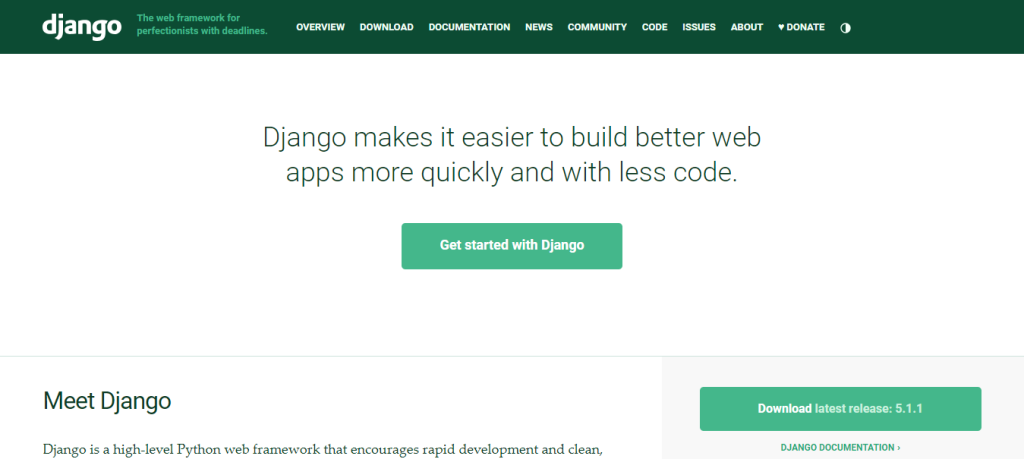
Perhaps the most popular Python web framework is Django. It is a high-level framework that allows the rapid development of large, complex applications. It follows the “batteries-included” philosophy in that it has many built-in features, including user authentication, database management, and an ORM or Object Relational Mapper that makes interacting with the database much easier. For seamless deployment and performance, consider Django hosting solutions optimized for this powerful framework.
Why Django?
- Scalability: Django handles traffic quite well in many apps, so it receives heavy usage from major sites like Instagram and Pinterest.
- Security: This framework has protection built in for common security threats like SQL injection, cross-site scripting, and cross-site request forgery.
- Rapid Development: Django’s extensive prebuilt components let you build real applications much faster than other frameworks.
Flask
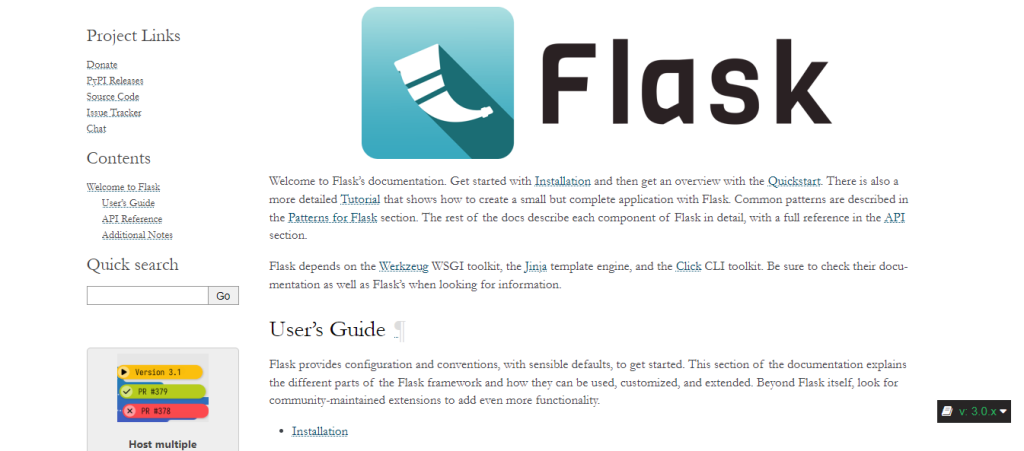
Flask is considered a micro-framework. It is lightweight, meaning it only provides basic functionality for developing a web application, such as routing and handling requests. People really enjoy using Flask because of how flexible it is. There are no imposed ways of structuring projects or adding dependencies, meaning you can do whatever you please with your web app.
Why Flask?
- Lightweight: Flask is minimal and doesn’t impose much overhead on the developer. You can add only the features you need.
- Flexibility: Flask’s modular design allows you to decide when to use the various libraries and tools, giving you full control over your project.
- Community Support: Highly active community of Flask, so finding tutorials or extensions is pretty easy.
Pyramid
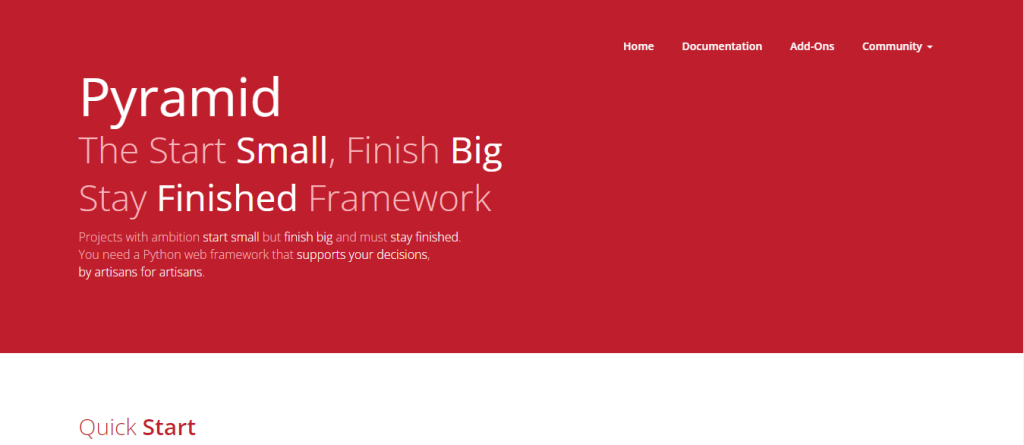
Pyramid is a framework eminently suitable for applications of all sizes, from small to large-scale ones. At its core, Pyramid is made to be as minimalistic as possible, much like Flask, but it can then be extended with an almost endless number of features, including security and data persistence. Pyramid is a popular tool for more complex applications where one might want flexibility against the particular structuring of the web application.
Why Pyramid?
- Versatile: Pyramid offers a lot of flexibility and can be used for small applications or even bigger projects at an enterprise level.
- Security: Pyramid has robust security features, including authorization systems and protection against common threats.
- Flexibility: Pyramid doesn’t get in the way. It gives the developer tremendous freedom to use whatever tool or library they want for almost any context.
Unlock the Potential of Your Python Web Apps!
Ready to elevate your Python web development projects? Whether you’re using Django, Flask, or any other top Python framework, having the right Python hosting environment from UltaHost is crucial for performance and scalability.
TurboGears
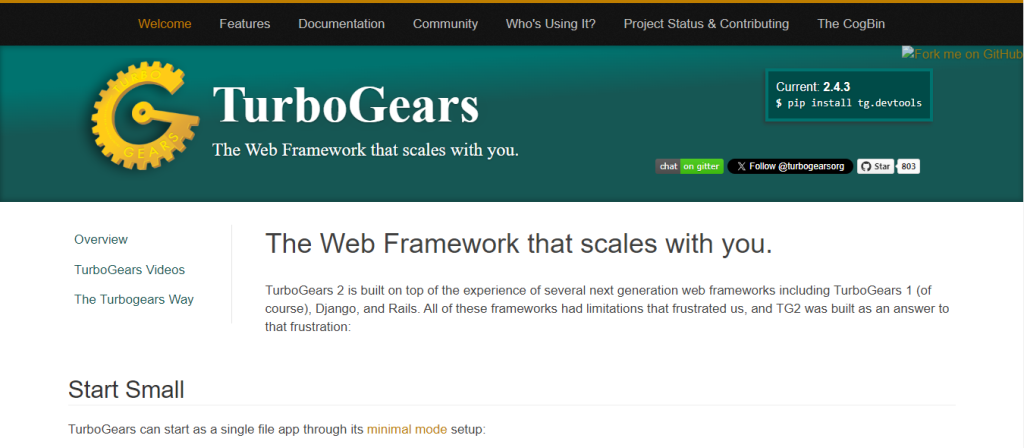
Full-stack developers handle TurboGears, but it comes with all the features needed to build web applications and allows flexibility to run as a micro-framework. It includes ORM, support for several databases, and a flexible templating engine. It’s ideal for projects that need compatibility with modern databases like MySQL Server or MongoDB, offering developers a range of options for managing data efficiently. TurboGears is perfect for projects needing the functionality of a full-stack framework such as Django while leveraging some of the power of microframeworks like Flask.
Why TurboGears?
- Fullstack or Micro: TurboGears can be either a full-stack or a microframework.
- Modern Database Support: It has emphatic support for state-of-the-art database technologies like MongoDB and SQLAlchemy.
- Rapid Prototyping: TurboGears supports the fastest creation of prototypes that could later be included in large applications.
Bottle (Web Framework)
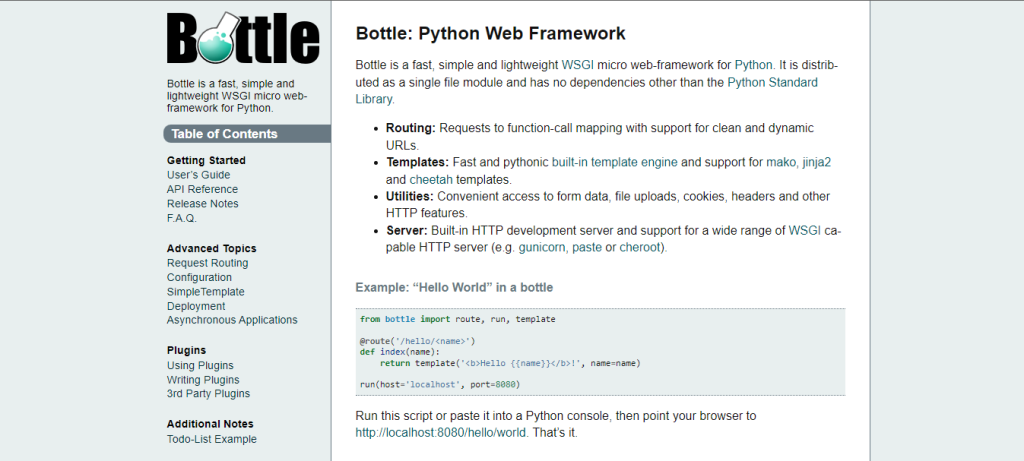
Bottle is another super lightweight microweb framework primarily designed for small applications. It’s excellent for building simple, fast, and productive web applications using minimal code. Bottle is often used when developing APIs and other small-scale web services in which simplicity and performance are crucial.
Why Bottle?
- Minimalist Design: Bottle is a module in a single file with no dependencies other than Python Standard Library.
- Great for APIs: It is widely used to develop RESTful APIs since it’s relatively simple and fast.
- Learning Curve: Bottle’s minimalistic approach makes it easier for beginners to start compared to larger frameworks.
Web2py
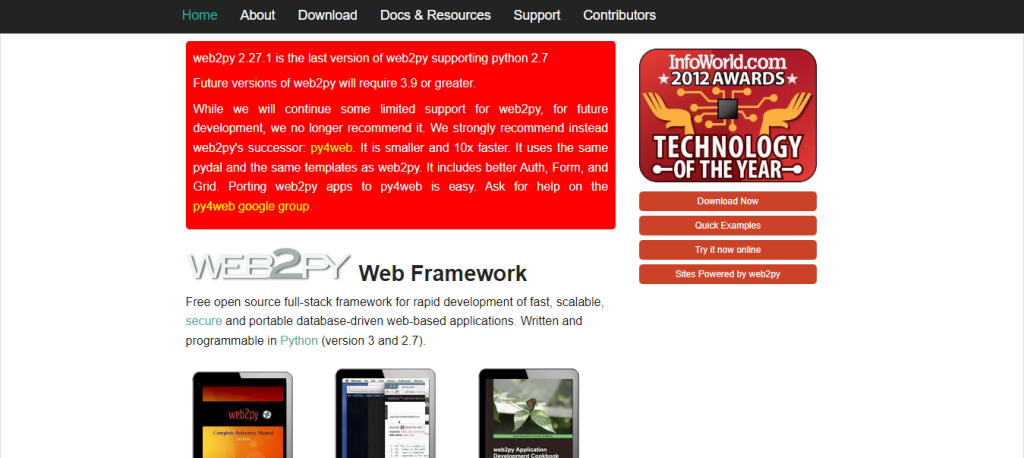
Web2py is designed as a full-stack framework that emphasizes ease of use. Its intuitive web-based interface allows the developer to manage applications without complex configurations. Web2py has its own web-based IDE, which makes this framework quite attractive for a new developer.
Why Web2py?
- Inbuilt IDE: The web-based IDE integration of Web2py can manage your application from any corner of the globe.
- Not Configuration: web2py does not require configuration files. This makes it faster and easier to set up.
- Security: It is designed to be secure, with mechanisms put in place to protect against common threats.
Tornado
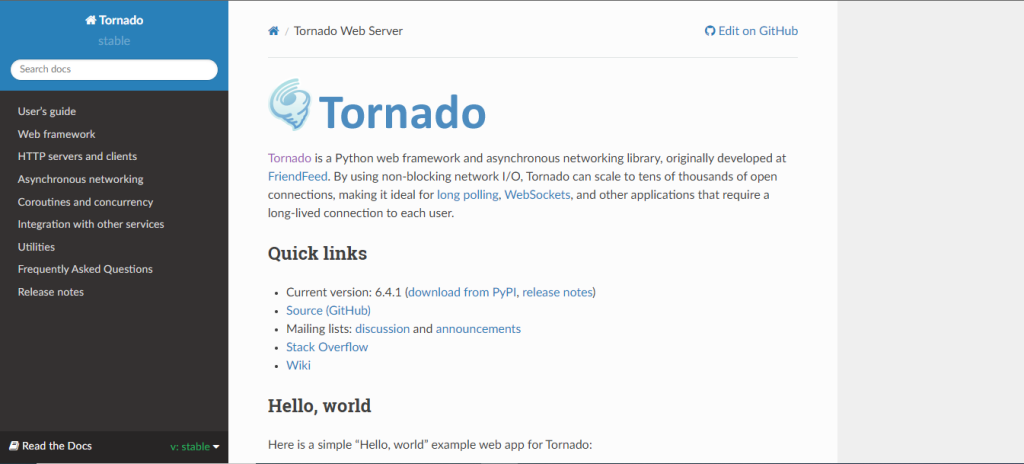
Tornado is a little different from the rest of the frameworks on this list. It’s designed for handling asynchronous programming. This helps when you need to handle hundreds or thousands of simultaneous connections. Tornado excels at high-performance applications like chat apps or streaming services.
Why Tornado?
- Asynchronous Capabilities: Tornado is designed to handle many simultaneously open connections. For this reason, it is a very suitable and attractive choice for applications that require real-time capabilities.
- Scalability: Since it is async, it works well for highly scalable applications that need to handle thousands of requests per second.
- Performance: Tornado is optimized for speed and can be used in performance-critical scenarios.
Conclusion
The choice of Python web development framework would be a function of factors such as the project size, performance needs, and personal ease. Of course, there’s a Python web development framework to support your needs, whether a full-featured bundle in Django, flexibility in Flask, or scalability in Tornado. Each framework has associated strengths and weaknesses that understanding will best position you to make your choice in light of the next web development venture. You can develop easily, and your web application will be efficient and scalable by choosing the appropriate tools.
The right hosting solution is essential for building scalable and high-performance web applications using Python frameworks. With UltaHost’s premium web hosting, you can ensure that your applications run smoothly, securely, and efficiently.
FAQ
What are Python frameworks used for in web development?
Python frameworks provide pre-built tools and components that help streamline web development, reducing the need for repetitive coding tasks.
Which is the most popular Python framework for web development?
Django is one of the most popular and widely used Python frameworks for building robust web applications.
What is the difference between Django and Flask?
Django is a full-stack framework with built-in features, while Flask is a lightweight micro-framework that offers more flexibility and customization.
Can I use Flask for large-scale applications?
Yes, Flask can be used for large-scale applications, but it may require additional components and configurations compared to frameworks like Django.
Is Tornado suitable for real-time web applications?
Yes, Tornado is excellent for real-time applications due to its asynchronous programming capabilities and ability to handle many simultaneous connections.
What makes Web2py a beginner-friendly framework?
Web2py has a built-in web-based IDE, requires no configuration, and offers a simple setup, making it easy for beginners to get started.
Are micro-frameworks like Bottle suitable for building APIs?
Yes, micro-frameworks like Bottle are ideal for building fast and efficient APIs, especially for small-scale projects.





